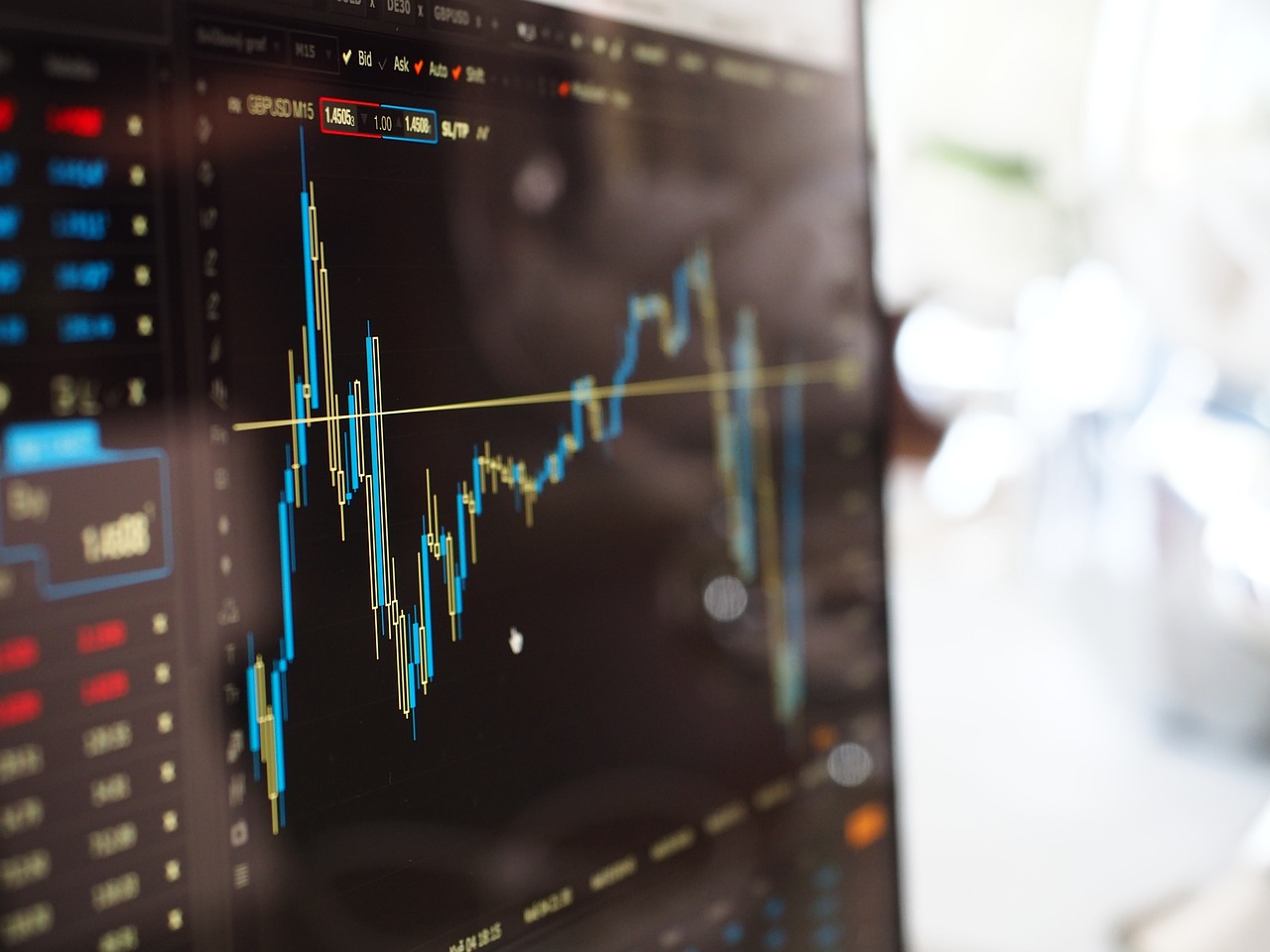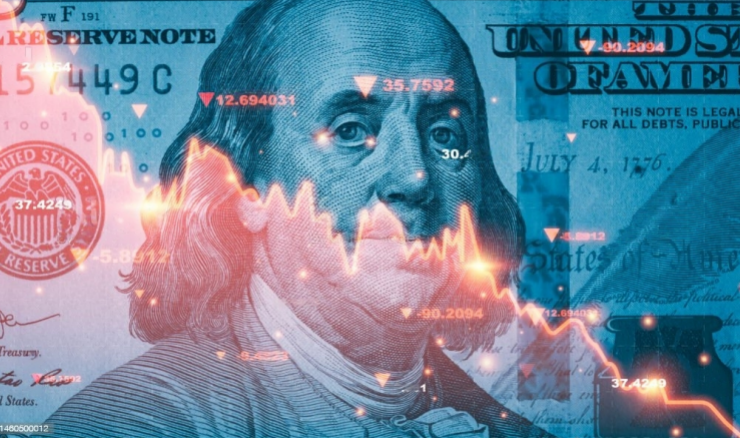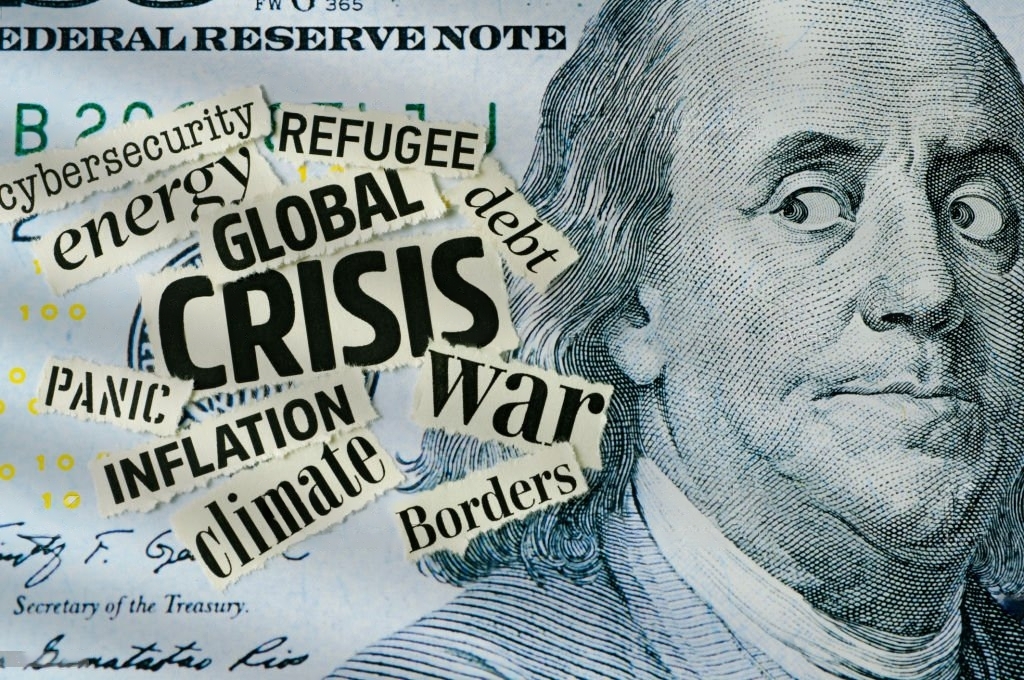"I have to turn away some of my customers." Kamran Hanif, a mortgage lender from Virginia, said recently that house mortgage rates have been soaring, customers' loan repayment burdens are getting heavier, and fewer customers are meeting the loan qualification requirements, so he has to turn down some of his customers' loan applications.

So far this year, the Federal Reserve has been raising its benchmark interest rate to curb inflation, which has been at a multi-decade high, and U.S. mortgage rates, which are more sensitive to the benchmark, have experienced a sharp spike. the average 30-year mortgage rate rose from 3.22 percent in early January to 7.02 percent at the end of October, putting a much heavier financial burden on buyers and causing the housing market to see a sharp drop in orders and a spike in cancellations. The housing market has also seen a significant drop in orders and a spike in cancellations. On November 2, the Federal Reserve announced that it would raise the target range for the federal benchmark interest rate by 75 basis points to 3.75% to 4.00%. This is the fourth consecutive 75 basis point rate hike by the Fed. At this point, the level of the U.S. federal benchmark interest rate has risen to its highest level since January 2008. Since March, the Fed has raised interest rates six times in a row, accumulating 375 basis points, the largest density of interest rate hikes since 1981, the level of the U.S. federal benchmark interest rate has risen to the highest level since January 2008.

At present, the pace of the Fed's rate hikes will continue for some time. Federal Reserve Chairman Jerome Powell refuted the market rumor that "the Fed may soon suspend interest rate hikes" at a press conference on the same day. Powell said that the Fed in December and January next year is likely to slow down the pace of interest rate hikes, no longer maintain a significant pace of 75 basis points of interest rate increases. Citi Private Bank Asia Pacific investment strategist Ken Peng said the Fed has no real reason to turn "dovish" because the employment rate is still rising, inflation is falling, but still at about 8%, so the inflation level will remain a top priority for the Fed (consider raising rates). The Fed's move to raise rates one after another is driving up the cost of business loans for homebuyers and exacerbating the risk of a recession. As the benchmark federal interest rate continues to rise, U.S. mortgage rates are also rapidly soaring. The latest weekly survey data released by U.S. home mortgage finance giant Freddie Mac on Oct. 27 showed that the U.S. 30-year home mortgage rate rose to 7.08 percent, the highest level in 20 years.

Christopher Whalen, investment banker and founder of Warren Global Advisors, pointed out that due to the lag effect of mortgage rate adjustments, the 30-year mortgage rate will easily exceed 10% by next February even if the Federal Reserve stops raising rates soon. Rising mortgage rates are forcing down the potential demand for housing among U.S. residents. "As inflation continues and loan rates move higher, the financial costs for housing consumers also continue to move higher, leading to a further decline in consumer confidence." Sam Khater, chief economist at Freddie Mac, said. Data released Oct. 20 by the National Association of Realtors (NAR) showed that U.S. home sales fell 1.5 percent in September from a year earlier, marking the eighth consecutive monthly decline. Ian Shepherdson, chief economist at economic research firm Pantheon Macroeconomics, said in an analyst report released last week that home sales are falling with "no bottom in sight" as mortgage rates topped 7 percent for the first time since 2001. He expects home prices to fall 15 - 20 percent next year. The Fed's forceful rate hike also sparked strong reactions in the capital markets, and the U.S. stock market plunged after Powell's press conference on the evening of Nov. 2. By the end of the day, the Dow was down 1.55%, the S&P 500 plunged 2.5%, and the Nasdaq Composite was down a heavy 3.36%. Large technology stocks fell in general, Tesla fell more than 5%, Amazon fell more than 4%, Apple, Microsoft, Google fell more than 3%.In fact, the major U.S. stock indexes have fallen sharply. wind data show that as of the close of business on November 2, the year-to-date S&P 500 index fell 21.62%, the Nasdaq composite index fell 33.53%, the Dow Jones index fell 12.13%. The shares of Amazon and Tesla, the leading U.S. technology stocks, are down 45.94% and 46.25%, respectively, and Apple's shares are down more than 20%. More and more entrepreneurs and economists are expecting a further recession in the U.S. economy. According to a recent survey of 1,325 CEOs by KPMG, a leading international accounting professional services firm, 91% believe the U.S. economy is headed for recession. Of those, 51 percent said they are preparing for the downturn by cutting jobs. "The interest rate has sent borrowing rates soaring in the U.S. economy and is hitting the U.S. economy as well." Yang Delong, chief economist of Qianhai Open Source Fund, told the Times that the current earnings season from U.S. stocks can be found, the risk of recession in the United States is increasing.





